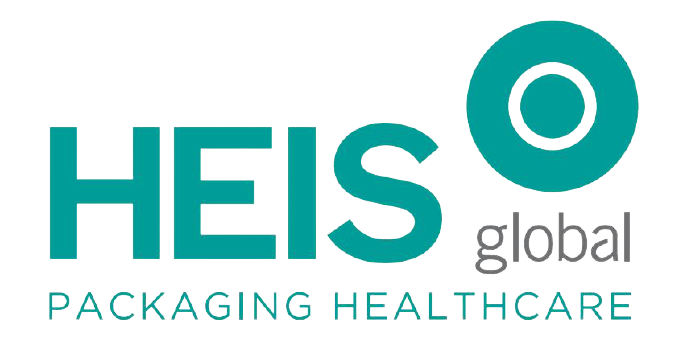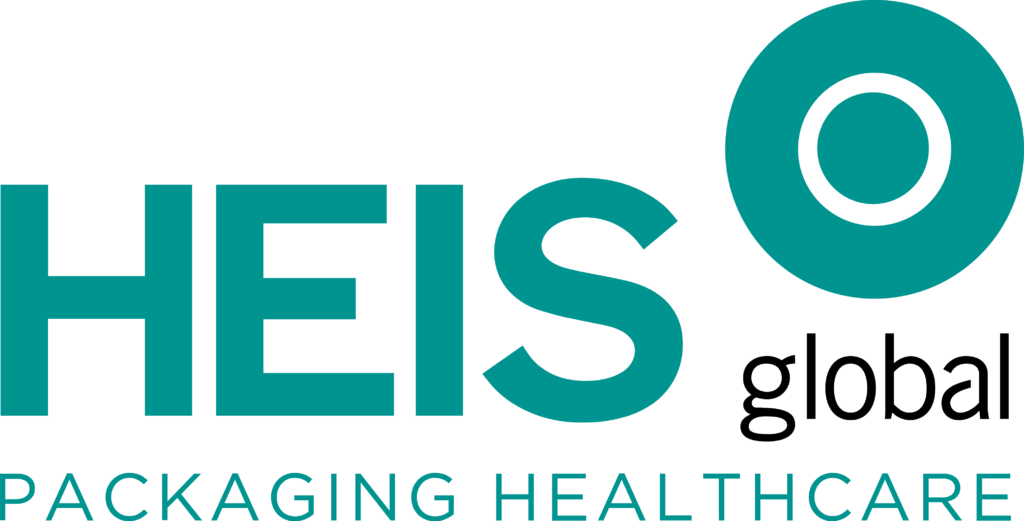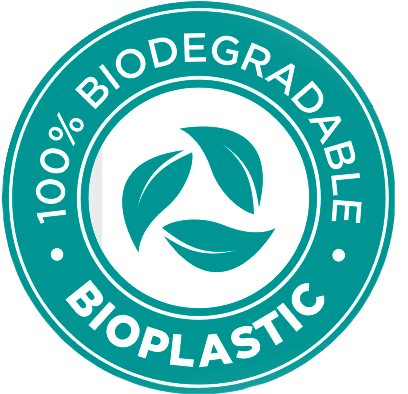
The pharmaceutical and nutraceutical industries, pivotal in promoting human health, are also grappling with the environmental consequences of their packaging choices. Traditional packaging materials, primarily composed of single-use plastics, contribute significantly to the escalating global plastic waste crisis. In response to mounting environmental concerns, the adoption of recycled plastic packaging has emerged as a compelling strategy, signaling a profound shift toward more sustainable and eco-friendly practices.
The Urgency of Sustainable Packaging
As society becomes increasingly attuned to environmental issues, industries, including pharmaceuticals and nutraceuticals, face mounting pressure to reassess their packaging practices. The urgency to adopt sustainable packaging is underscored by the staggering volume of plastic waste generated globally and its detrimental impact on ecosystems. Recycled plastic packaging stands as a tangible and actionable solution to address this crisis, offering a pathway to mitigate the environmental impact associated with packaging materials.
Environmental Benefits of Recycled Plastic Packaging
Recycled plastic packaging presents an array of environmental benefits that extend beyond waste reduction. By incorporating post-consumer recycled content, these materials contribute to the circular economy by diverting plastic waste from landfills. Moreover, the use of recycled plastic requires less energy compared to the production of virgin plastic, thereby reducing the carbon footprint associated with packaging manufacturing. As the pharmaceutical and nutraceutical industries explore eco-friendly alternatives, recycled plastic packaging emerges as a cornerstone of sustainable material choices.
Circular Economy and Closed-Loop Systems
A pivotal aspect of recycled plastic packaging is its alignment with the principles of the circular economy. Implementing closed-loop systems facilitates the collection, processing, and reintroduction of post-consumer plastic into new packaging materials. This not only minimizes the demand for raw materials but also reduces waste, fostering a closed-loop and sustainable supply chain. The pharmaceutical and nutraceutical industries, by embracing these principles, can contribute significantly to the global effort to transition towards circular and regenerative systems.
Regulatory Landscape and Industry Standards
The integration of recycled plastic packaging in pharmaceutical and nutraceutical sectors necessitates adherence to existing regulations and industry standards. Striking a balance between sustainability goals and ensuring the safety and efficacy of products remains a paramount concern. However, regulatory bodies are increasingly recognizing the importance of sustainable packaging, and ongoing dialogues between industry stakeholders and regulators are shaping a framework that encourages environmentally responsible practices without compromising product integrity.
Consumer Perception and Market Trends
Consumer preferences are evolving, with a growing emphasis on sustainability and environmental consciousness. The adoption of recycled plastic packaging not only aligns with these evolving values but also presents an opportunity for companies to differentiate themselves in a competitive market. Leveraging sustainable packaging strategies, including recycled plastics, can serve as a powerful marketing tool, resonating with environmentally conscious consumers and fostering brand loyalty.
Challenges and Innovation in Recycled Plastic Packaging
While the adoption of recycled plastic packaging is gaining traction, challenges persist. Concerns regarding the quality and safety of recycled materials, as well as the economic viability of sustainable practices, present obstacles to widespread adoption. However, these challenges are not insurmountable. Ongoing research and development efforts are addressing these concerns, driving innovation in recycled plastic technologies, and ensuring that these materials meet stringent safety and quality standards.
Collaboration Across the Supply Chain
Achieving a sustainable packaging ecosystem requires collaboration across the entire supply chain. Raw material suppliers, manufacturers, and end-users must work together to advance the use of recycled plastic packaging. Collaborative initiatives and partnerships can facilitate knowledge-sharing, streamline processes, and accelerate the development of sustainable packaging solutions tailored to the specific needs of the pharmaceutical and nutraceutical sectors.
Conclusion
In conclusion, the paradigm shift towards recycled plastic sustainable packaging signifies a transformative moment for the pharmaceutical and nutraceutical industries. Beyond the imperative of regulatory compliance, embracing eco-friendly packaging aligns with global efforts to combat plastic pollution and climate change. As technology advances and consumer awareness grows, the integration of recycled plastic in packaging will not only be a necessity but a testament to responsible and forward-thinking industry practices. The pharmaceutical and nutraceutical sectors stand as vanguards in this transformative journey, leading the way towards a more sustainable and environmentally conscious future.


